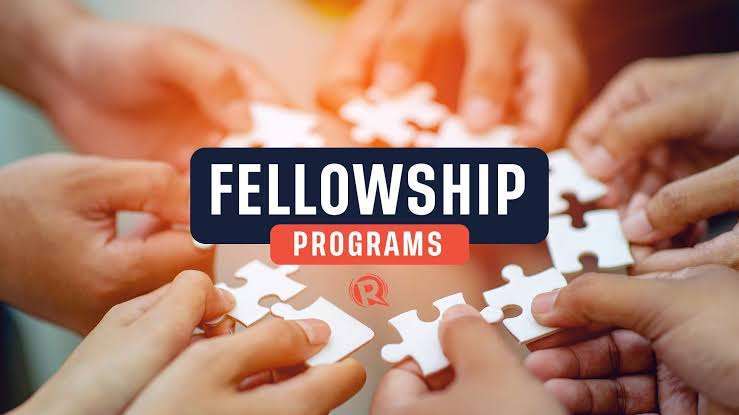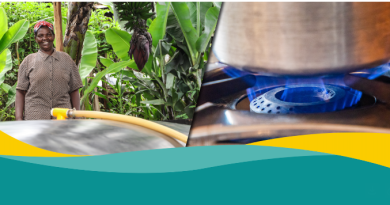How to apply for a fellowship and receive one
This article is a list of the various steps on how to apply for a fellowship and receive one. Fellowships, which were formerly virtually solely available to PhD candidates and graduate students, are now being offered to a far larger pool of students, including early-career non-students in some situations. Although the majority of fellowships are compensated, their worth goes much beyond a stipend.
Acceptees of these programs—which are frequently quite competitive—gain advanced professional experience, which is generally difficult to obtain in jobs immediately following college. A coveted title of “fellow,” which is sure to attract the attention of potential employers, is also awarded to successful candidates. To find out more about fellowship programs, where to look for them, what to know before applying, and what to anticipate along the road, continue reading.
Compared to applying for a job or even university entrance, applying for a fellowship requires greater diligence and thoroughness. Adopting the appropriate mindset, according to her, is crucial to getting it properly.
Fellowships should not be viewed as prizes to win but rather as rewards earned. Fellowships ought to be viewed as more sophisticated forms of funding. Typically, they demand a more thorough application procedure. This is due to the fact that fellowship directors are interested in learning about candidates’ backgrounds, experiences, and how all of that might be used to further the goals of the fellowship.”
If you’ve decided which fellowship to apply for, you may be unsure about what to do next.
Being ahead of the game is one of the most important components of a successful application. Don’t rush through the process; schedule plenty of time to apply.” There are tight deadlines for submitting the several precursor documents, such as intent-to-apply papers, that are required as part of the application process, which can be complicated. Most fellowships require personal statements, which need to be submitted and are usually read by administrators and review committees. They take several drafts, edits, and fine tuning. Not giving yourself enough time will make you more stressed, increase your chances of making mistakes or forgetting crucial tasks, and prevent you from showcasing your true abilities to committees and administrators.
Sorting up your credentials, recommendation letters, and résumé should be the first thing you do. These core materials should be reviewed by the committee first. They will next go on to the most important part of your application, which is the fellowship proposal.
In summary, here are the steps to apply and get a fellowship:
1. Get a Head Start
Securing a fellowship requires more than just a last-minute effort. By beginning the application process a year in advance, you can position yourself ahead of the competition. Consider these points throughout the year leading up to your application:
Decide on the subspecialty path that you want to pursue, invest in at least one rotation in the subspecialty that you have chosen, take part in research projects and work to enhance your application’s success, take time out of the training path, and continue to enhance your skills and knowledge base.
2. Identify Your Goals
3. Identify available fellowships, their awardees and requirements
4. Understand Your Eligibility for the fellowship
5. Put together all the required documents
6. Put Yourself Out There and write your personal statement
7. Plan Your Project and Pitch
8. Apply for the fellowship in the format and timeline already set the institution
9. Get Honest Recommendations for your fellowship application
10. Be Real at the Interview
Remember that the key is to stay true to yourself and be transparent about your goals. Trying to mold yourself into what you think the judges want will only backfire. Even if you don’t have all the “correct” answers, if you can effectively convey your passion for your project, you stand a good chance of securing a spot. However, there’s no foolproof formula for winning a fellowship. According to one former fellowship advisors, success ultimately depends on a combination of factors: aligning with the committee’s objectives, the strength of your application, and, let’s be honest, a little bit of luck.





